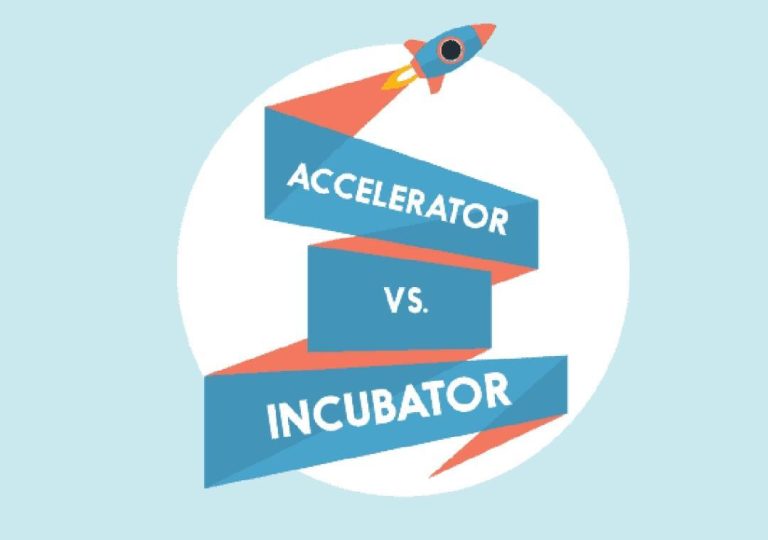
AI, Creators & Tier-2 Cities Power India’s Startup Growth
India’s startup ecosystem has been making rapid strides in recent years, with a plethora of innovative ventures emerging across various sectors. A recent report by Meta-A&M sheds light on the key trends driving this growth, highlighting the crucial role played by AI adoption, omnichannel models, Tier-2/3 city expansion, and creator-driven branding. In this blog post, we’ll delve into these trends and explore their implications for startups looking to scale and build a strong presence in the Indian market.
AI Adoption: The New Normal
The report reveals that a staggering 70% of Indian startups are leveraging artificial intelligence (AI) to drive innovation and growth. This adoption rate is not surprising, given the numerous benefits AI offers, including enhanced data analysis, improved customer engagement, and increased operational efficiency. AI-powered chatbots, for instance, have become a norm in many industries, enabling businesses to provide 24/7 customer support and personalize interactions.
Startups in various sectors, such as fintech, healthcare, and e-commerce, are using AI to gain a competitive edge. For example, AI-powered recommendation engines are helping e-commerce platforms offer targeted product suggestions to customers, while AI-driven analytics are enabling fintech companies to identify high-risk transactions and prevent fraud.
Omnichannel Models: The Future of Customer Engagement
The report also highlights the growing importance of omnichannel models in India’s startup landscape. A whopping 67% of startups are now adopting omnichannel strategies, which involve providing a seamless customer experience across multiple touchpoints, including social media, mobile apps, websites, and physical stores.
Omnichannel models are crucial in today’s digital landscape, where customers expect a consistent brand experience across all channels. Startups that can successfully implement omnichannel strategies are better equipped to build strong relationships with their customers, increase loyalty, and drive conversions.
Tier-2/3 City Expansion: The Next Frontier
While many startups have traditionally focused on urban centers like Delhi, Mumbai, and Bengaluru, the report reveals that 95% of startups are now targeting smaller cities, such as Tier-2 and Tier-3 cities. This shift is driven by the growing demand for digital services in these regions, as well as the need for startups to diversify their customer base and reduce their dependence on a single market.
Tier-2/3 city expansion also presents opportunities for startups to tap into underserved markets and offer innovative solutions that cater to the unique needs of these regions. For instance, startups offering digital healthcare services can provide access to quality healthcare to rural populations, while fintech companies can offer financial inclusion to underserved communities.
Creator Economy: The New Wave of Branding
The report also highlights the growing importance of the creator economy in India’s startup landscape. A staggering 88% of startups are now partnering with influencers early on, recognizing the power of creators in building brand awareness and driving engagement.
The creator economy is built around the idea of creators who produce high-quality content, often around specific niches or topics. Startups can partner with these creators to reach their target audiences, increase brand visibility, and drive sales. For example, a fashion startup can partner with a popular fashion influencer to showcase its products to a large and engaged audience.
Implications for Startups
The trends highlighted in the report have significant implications for startups looking to scale and build a strong presence in the Indian market. To succeed, startups must:
- Embrace AI: Adopt AI-powered solutions to drive innovation, improve customer engagement, and increase operational efficiency.
- Implement Omnichannel Strategies: Provide a seamless customer experience across multiple touchpoints, including social media, mobile apps, websites, and physical stores.
- Target Tier-2/3 Cities: Expand operations to smaller cities, where demand for digital services is growing and opportunities for diversification are vast.
- Partner with Creators: Collaborate with influencers early on to build brand awareness, drive engagement, and reach target audiences.
Conclusion
India’s startup ecosystem is evolving rapidly, driven by AI adoption, omnichannel models, Tier-2/3 city expansion, and the creator economy. To stay ahead of the curve, startups must adapt to these trends and invest in strategies that drive growth, innovation, and customer engagement. By embracing AI, implementing omnichannel strategies, targeting Tier-2/3 cities, and partnering with creators, startups can build future-ready brands that thrive in the Indian market.






